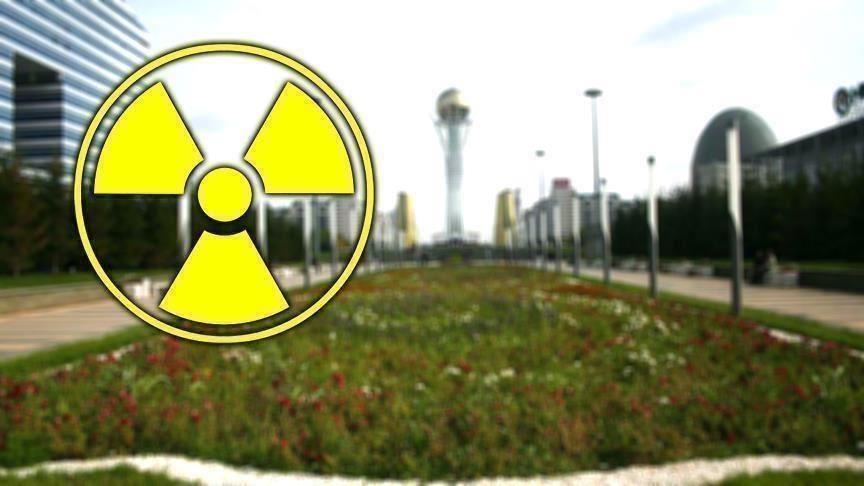The 6th round of talks between Iran and world powers in Vienna ended Sunday without any breakthrough, as delegates head back to their respective capitals.
Speaking following Sunday’s session, Iran's top negotiator Abbas Araghchi said 'distance remains' between the two sides on the potential agreement.
Commenting on the progress made by Iran and P4+1 group (Germany, France, UK, Russia and China) during the talks, Araghchi said they have come closer to a deal and prepared the requisite documents, but the 'other side' needs to take the decision, putting the onus on the US.
The talks to revive the 2015 nuclear agreement, also known as JCPOA, have been underway in the Austrian capital since April with six marathon rounds taking place so far.
Despite the progress claimed by participants, an agreement remains elusive owing to some unresolved issues and dispute over ways of verifying the US implementation of the deal, according to informed sources.
With conservatives wresting power in Tehran, speculation is rife that the ongoing negotiations could be put on the backburner if Iranian demands are not met before the new government takes over in few weeks.
Iran's judiciary chief and President-elect Ebrahim Raeisi, an ultra-conservative figure who won Friday’s presidential election by a landslide, will take over from incumbent reformist Hassan Rouhani on Aug. 3.
Before heading back to Tehran on Sunday, Araghchi said the delegates had 'gone through intense days' and put in a 'lot of hard work' during the talks.
'We are now closer than ever to an agreement but the distance that exists between us and an agreement remains and bridging it is not an easy job,' he told reporters in Vienna.
He said he does not know when the negotiations will resume again, as they will be returning to capitals 'not just for consultations but also to make decisions' on the way ahead.
Mikhail Ulyanov, the Russian envoy to the talks, on Friday said the participants had 'achieved more clarity' on the implementation plan (who should do what and when), but 'some difficult and time-consuming topics still remain unresolved.'
Araghchi himself last week acknowledged that they face a 'complex situation', as the 'verification of US measures has complexities'.
The issue of the ongoing nuclear talks also figured in discussions between Iranian Foreign Minister Javad Zarif and EU foreign policy chief Josep Borrell on the sidelines of the Antalya Forum in Turkey.
Zarif expressed optimism that an agreement could be clinched at Vienna before Raeisi takes office and Rouhani's term ends in August.
Later, Borrell in a tweet called on 'all parties' to 'be flexible on the process of restoring the deal'. He also called for 'continued commitment' by Iran's new government.
It remains unclear how Raeisi, an implacable US critic, will approach the nuclear deal and the ongoing negotiations between Iran and world powers.
During his electoral campaign, Raeisi said his administration will 'adhere to JCPOA as an agreement approved by the Leader (Ali Khamenei), adding that its implementation needs a 'strong government'.
Experts feel his approach will be more stern and uncompromising than the incumbent president, which might lead to further tensions between the long-time adversaries.
The US government has said it hopes to build on the Vienna talks “regardless of who is in power' in Tehran.
By Syed Zafar Mehdi in Tehran, Iran
Anadolu Agency
energy@aa.com.tr


